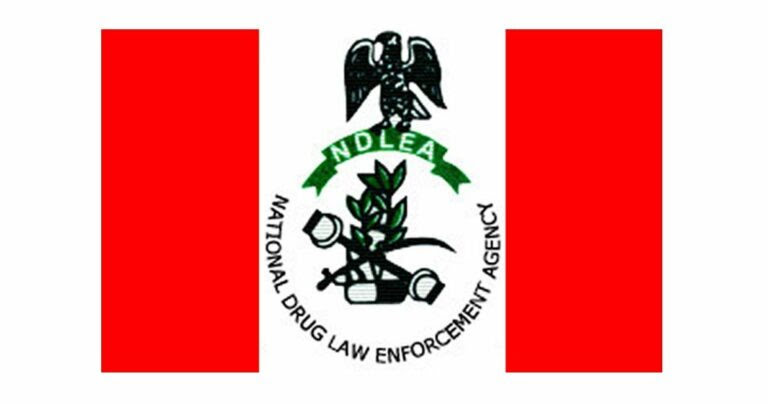The National Drug Law Enforcement Agency (NDLEA) of Nigeria and the Narcotics Control Bureau (NCB) of India have resolved to strengthen their collaborative efforts to combat the escalating transnational trafficking of illicit drugs, particularly the influx of opioids like tramadol and codeine-based syrup from India into Nigeria. This commitment was reaffirmed during a virtual meeting between NDLEA Chairman, retired Brig. Gen. Buba Marwa, and NCB Director-General, Mr. Anurag Garg, highlighting the shared concern over the detrimental impact of these substances on public health and security in both nations. The meeting underscored the critical need for enhanced cooperation, building upon the foundation laid by the Memorandum of Understanding (MoU) signed between the two agencies in 2023.
A primary focus of the discussion revolved around the alarming surge in tramadol and codeine syrup seizures in Nigeria. Marwa emphasized the urgency of the situation, revealing that over one billion tramadol pills and 14.4 million bottles of codeine syrup had been confiscated between January 2024 and June 2025. This staggering figure underscores the magnitude of the illicit opioid trade and its potential to wreak havoc on Nigerian communities. Marwa appealed to the NCB for intensified support and collaboration in stemming this flow of dangerous drugs, recognizing the crucial role of international cooperation in disrupting transnational drug trafficking networks.
Beyond addressing the immediate crisis of opioid influx, the NDLEA also sought assistance from the NCB in bolstering its capacity through specialized training programs. Marwa highlighted the need for knowledge sharing and skill development in areas such as drug analysis, financial investigations, cybercrime, and dark web monitoring. Recognizing the evolving nature of drug trafficking and the increasing sophistication of criminal networks, he stressed the importance of equipping NDLEA officers with the latest tools and techniques to effectively combat these challenges. This request reflects the NDLEA’s proactive approach to staying ahead of emerging trends in the global drug trade.
NCB Director-General Anurag Garg reciprocated the commitment to strengthened partnership, acknowledging the transnational nature of drug trafficking and the futility of addressing this complex issue in isolation. He emphasized the need for a united front against transnational syndicates who operate with disregard for national borders and laws. Garg assured Marwa of the NCB’s unwavering support and willingness to share intelligence, expertise, and best practices with the NDLEA. This collaborative spirit underscores the recognition that international cooperation is paramount in dismantling complex drug trafficking networks.
The NCB also expressed its readiness to facilitate capacity-building initiatives for NDLEA officers. Garg confirmed the availability of a dedicated training center equipped to deliver specialized programs tailored to the NDLEA’s specific needs. He highlighted the NCB’s expertise in areas such as clandestine laboratory detection, precursor chemical control, darknet monitoring, and investigation of darknet vendors, offering to share this knowledge with their Nigerian counterparts. This commitment to knowledge sharing and capacity building reflects the NCB’s understanding that a global problem demands a global response.
The virtual meeting between the NDLEA and NCB represents a significant step towards fortifying the fight against drug trafficking between India and Nigeria. The open dialogue and mutual commitment to enhanced cooperation signify a shared determination to address this pressing issue. The focus on sharing intelligence, expertise, and training resources reflects a strategic approach to tackling the multifaceted challenges posed by transnational drug trafficking. This renewed partnership holds promise for disrupting the flow of illicit drugs, strengthening law enforcement capabilities, and ultimately protecting the health and security of both nations.


